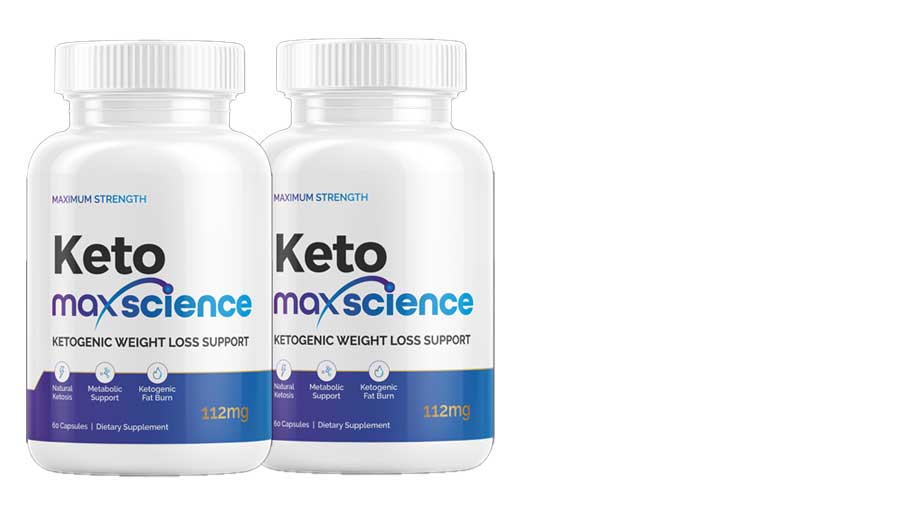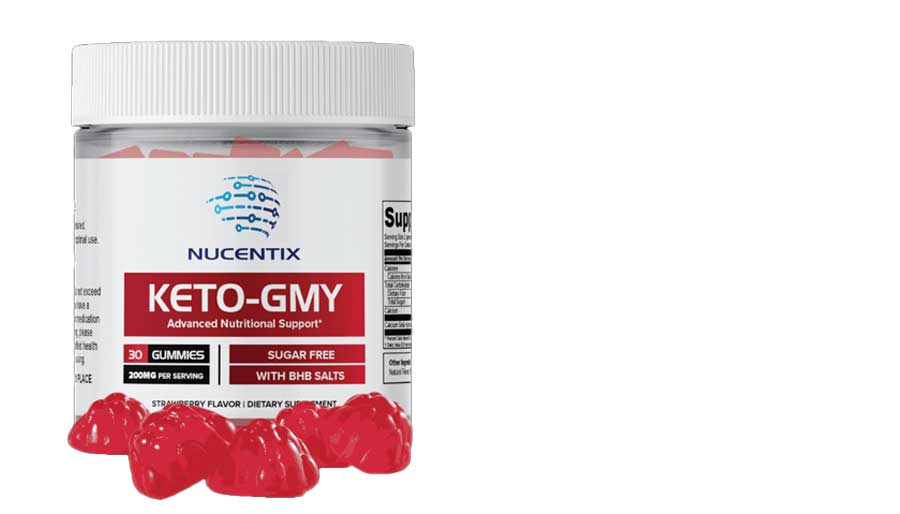
GREEN TEA / Camellia sinensis
What is it?
> Scientific/Other Names: Camellia sinensis
> Supplement Type: Herbal
> Taken as: Tea, capsule, tablet, extract
Green tea is made from the leaves of the Camellia sinensis plant. Unlike black tea, green tea leaves aren’t fermented, which helps preserve their high content of polyphenols and antioxidants. Prized for centuries in Asian cultures, green tea’s benefits are thought to be a result of it’s powerful antioxidant and metabolism boosting properties.
Green tea is present in a number of supplements, frequently in the form of green tea extract. The active components of green tea that are associated with weight loss are caffeine and catechins, primarily epigallocatechin gallate (EGCG), Green tea is often a key ingredient in fat burning supplements.
What are the benefits of taking Green Tea?
Green tea is thought to:
- Boost metabolism and aid in weight loss
- Improve brain function
- Reduce the risk of cardiovascular diseases
- Provide antioxidant protection
- Enhance fat burning, especially during exercise
How does it work?
Green tea has powerful antioxidant properties, which means it can help neutralize harmful free radicals that cause oxidative stress and damage cells. This is beneficial for many aspects of human health.
It is thought that it might help reduce body weight by increasing energy expenditure and fat oxidation, reducing lipogenesis, and decreasing fat absorption. This is because green tea contains powerful bioactive compounds:
– Catechins, particularly epigallocatechin gallate (EGCG) which is a flavonoid / antioxidant
– Caffeine which increases thermogenesis, energy expenditure and fat oxidation.
What is oxidative stress?
Think of oxidative stress like rust on metal. When your body processes oxygen, it creates byproducts called free radicals. These free radicals can damage cells, a lot like how rust damages metal. This damage can lead to various health problems, aging, inflammation, and diseases. Oxidative stress happens when there’s an imbalance between free radicals and antioxidants, which normally neutralize them.
See our guide on Supplement Mechanisms
Is there evidence that it helps with weight loss?
> Clinical Trials: Numerous studies, including human trials
> Test Size: Medium to large (50-250+ participants)
> Results:
Weight Loss: Several human studies have examined the effects of green tea catechins on weight loss and weight maintenance. A meta-analysis of 15 randomized controlled trials found that green tea catechins when combined with caffeine over 12 weeks showed a modest reduction in body weight by a mean of 1.38 kg and waist circumference by a mean of 1.93 cm. These results suggest that green tea catechins alone do not affect body weight.
Fat burning: Further, research has suggested that green tea may help to improve metabolic rate and increase fat burning, particularly during exercise.
Cardiovascular health: Some studies also indicate potential green tea benefits for cardiovascular health, such as improved cholesterol levels and reduced blood pressure. However, the results can vary, and more research is needed to establish definitive health claims.
See our guide on trial sizes.
What is the effective dose of Green Tea?
Drinking 2-3 cups of green tea per day
Green tea extract: 400-500 mg per day

So, does it work?
OK, but is it safe?
- Generally considered safe when consumed in moderate amounts
- Possible side effects: insomnia, upset stomach, and caffeine-related effects such as jitteriness and palpitations
- High doses of green tea extract might cause liver problems in some individuals
References
1. Green tea supplementation affects body weight, lipids, and lipid peroxidation in obese subjects with metabolic syndrome
2. Green tea extract ingestion, fat oxidation, and glucose tolerance in healthy humans
3. Effects of catechin enriched green tea on body composition
4. Green tea catechin consumption enhances exercise-induced abdominal fat loss in overweight and obese adults
5. Catechin safely improved higher levels of fatness, blood pressure, and cholesterol in children
6. The effects of epigallocatechin-3-gallate on thermogenesis and fat oxidation in obese men: a pilot study
7, Association between Green Tea Consumption and Abdominal Obesity Risk in Middle-Aged Korean Population: Findings from the Korean Genome and Epidemiology Study


